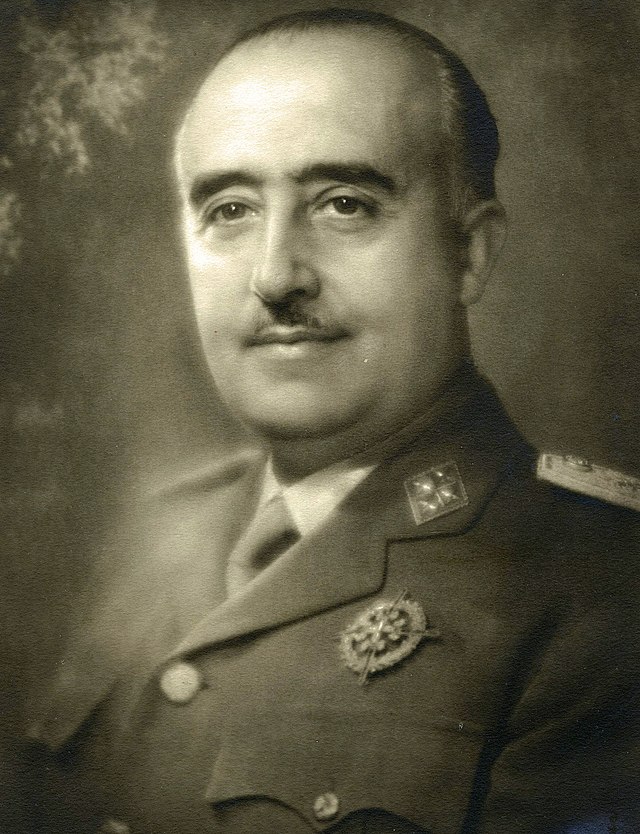Why didn’t Spain under Francisco Franco formerly join the Axis powers in WWII?
Why didn’t Spain under Francisco Franco formerly join the Axis powers in WWII? Spain under Francisco Franco did not formally join the Axis powers during World War II for several key reasons:
Post-Civil War Exhaustion
Spain had just emerged from a brutal civil war (1936-1939), which had devastated its economy, infrastructure, and military capacity. Franco’s regime was focused on rebuilding the country and stabilizing his rule. Spain was in no position to support a major military conflict on the scale of World War II.
Economic and Resource Limitations
Spain’s economy was in shambles after the Civil War. The country faced severe shortages of food, fuel, and other critical resources. Joining the war would have exacerbated these shortages, and Spain lacked the industrial capacity to contribute meaningfully to the Axis war effort.
Diplomatic Calculations and Neutrality
Franco played a delicate balancing act between the Axis and the Allies. While he was ideologically closer to fascist regimes like Nazi Germany and Fascist Italy, Franco wanted to avoid provoking the Allies, particularly Great Britain, which had control over the Mediterranean. He sought to maintain neutrality while extracting economic and military aid from both sides.
Strategic Considerations
Spain’s geographical position, particularly its control over the Strait of Gibraltar, made it a strategic asset. The Allies, especially Britain, were determined to keep Spain out of the war to prevent the Axis from gaining control of this crucial waterway. Franco recognized this and was aware that any move to join the Axis could result in retaliation from the Allies, potentially threatening Spain’s sovereignty and economy.
Limited Axis Offers
Although Franco had negotiations with Hitler (notably at Hendaye in 1940), he demanded a high price for Spain’s entry into the war. He wanted significant territorial gains (e.g., in North Africa) and substantial economic and military aid. Hitler, facing challenges on other fronts, was unwilling or unable to meet these demands. As a result, Spain’s participation remained limited to non-belligerent support, such as allowing volunteers (e.g., the Blue Division) to fight on the Eastern Front.
Hedging Bets for Post-War Survival
Franco understood that the outcome of the war was uncertain. By staying neutral, he hoped to preserve his regime regardless of whether the Axis or Allies won. This cautious approach helped Spain avoid being on the losing side of the war and maintained Franco’s grip on power well into the post-war era.
In summary, Franco’s Spain did not join the Axis due to a combination of economic weakness, strategic considerations, and Franco’s pragmatic diplomacy aimed at securing his regime’s survival.


